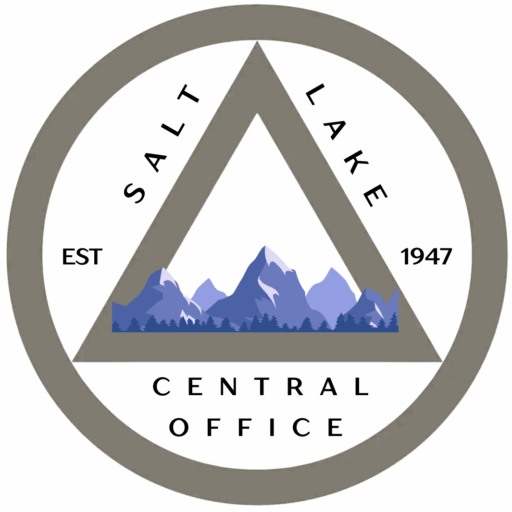GENERAL SOCIAL NETWORKING WEBSITES; Facebook and other social networking websites are public in nature. Though users create accounts and utilize usernames and passwords, once on the site, it is a public medium where A.A. members and non A.A.s mingle. As long as individuals do not identify themselves as A.A. members, there is no conflict of interest. However, someone using their full name and/ or a likeness, such as a full-face photograph, would be contrary to the spirit of the Eleventh Tradition, which states in the Long Form that, “… our [last] names and pictures as A.A. members ought not be broadcast, filmed or publicly printed.” Experience suggests that it is in keeping with the Eleventh Tradition not to disclose A.A. membership on social networking sites as well as on any other website, blog, electronic bulletin board, etc., that is not composed solely of A.A. members and not password protected, or is accessible to the public. Websites social networking offer individuals the chance to post a great deal of personal information about themselves (and others). Our experience suggests that some A.A. members do not post anything that is “A.A. jargon” on their personal profiles and in “status updates,” while others feel it is alright to do so as long as A.A. or Alcoholics Anonymous specifically is not mentioned. These websites often allow users to create social networking “groups” and the ability to invite others to “events” for like-minded individuals. Some A.A.s have chosen to create A.A.-related groups. Since this is a relatively new medium, A.A. members are frequently “learning as they go,” and technology and applications change practically on a daily basis.
Our experience has shown that the evolving nature of social networking platforms makes it difficult to provide specific guidelines for using such resources for A.A. purposes. Any A.A. group or member that is thinking about entering this public arena should closely consider the privacy policies of such sites, in light of A.A.’s tradition of anonymity. For example, social networking sites often provide full names and pictures of group members, contrary to A.A.’s practice of avoiding such disclosures in public media. Even “closed” or “private” groups might still reveal an individual’s identity. Being well-informed prior to joining or starting such a group is the key to protecting your own anonymity, and that of others. G.S.O. has received numerous complaints from concerned A.A. members regarding anonymity breaks online, inappropriate use of the A.A. name, and copyrighted materials and protected trademarks being improperly used on Facebook and other social networking websites. No local online A.A. or non-A.A. entity should purport itself to be a spokesperson for A.A. or act as if they represent the General Service Office, A.A.W.S., or the General Service Board. Each A.A. entity is autonomous and encouraged to make decisions by informed group conscience decision in light of the guidance provided in our Twelve Traditions. A.A. members sometimes contact G.S.O. for suggestions on how to remain within the Traditions on Facebook and other social networking websites. Keep in mind that G.S.O. staff members are not “special workers” of the “technological wizards” variety, but they can act as a resource regarding A.A.’s Twelve Traditions and the shared experience of the Fellowship in the U.S. and Canada. How A.A.’s spiritual principles play out in new technologies needs to be carefully discussed by each A.A. individual or entity creating an online presence.
